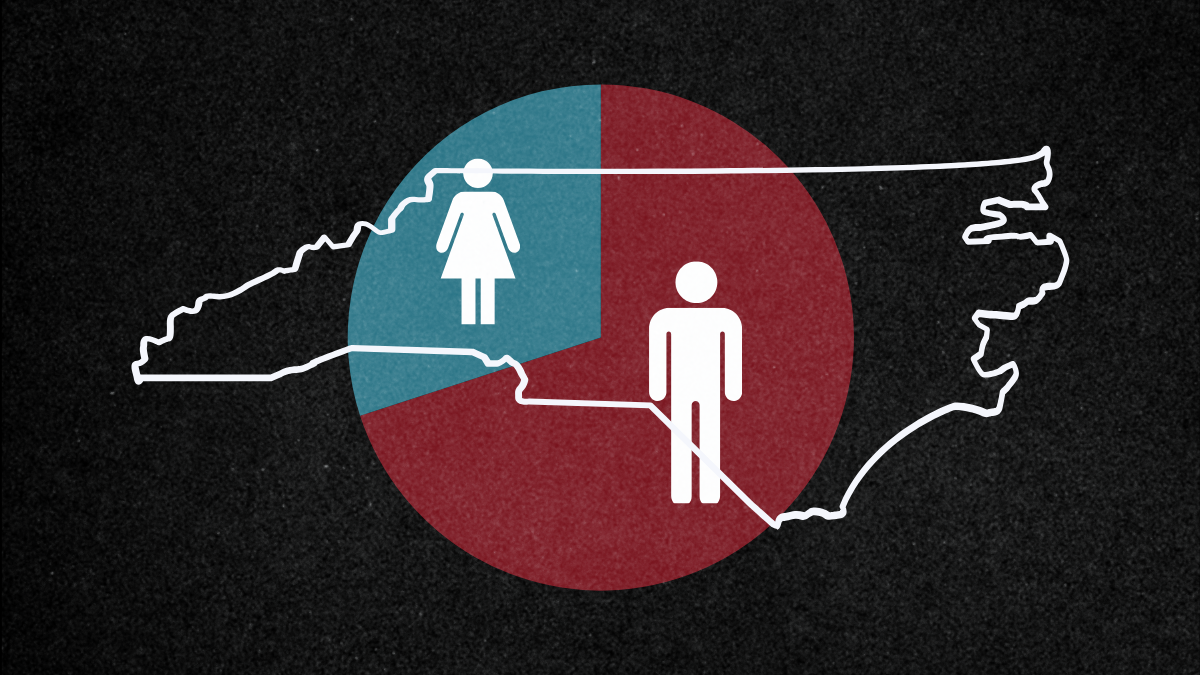Source: WFAE
Next year, women will comprise only about 30% of North Carolina’s legislators, highlighting a persistent gender imbalance in elected offices across the state. This underrepresentation is detailed in a new book, Anatomy of a Purple State: A North Carolina Politics Primer, by Western Carolina University political scientist Chris Cooper. Cooper discussed his findings on a recent episode of the WUNC Politics Podcast.
Men will account for roughly 70% of state lawmakers, a figure that has remained relatively unchanged in recent years. “Right now, if men were a single voting block, they would hold supermajority control in the North Carolina General Assembly,” Cooper explained.
This trend extends beyond the legislature. At all levels of government, from statewide offices to Congress to county commissions, men dominate. Following this year’s election, only two of the ten Council of State positions will be held by women.
Similarly, nearly all top legislative leadership roles have historically been occupied by men. In the current session, on the Republican side, Sen. Amy Galey (majority whip) and Rep. Heather Rhyne (House freshman leader) are the only women in leadership. Among Democrats, Deputy House Democratic Leader Cynthia Ball held the highest-ranking leadership position.
Until recently, neither party had ever appointed a woman as House speaker or Senate leader. Senate Democrats recently selected Senator Sydney Batch to serve as their next Senate Minority Leader for the 2025-26 session. Batch will be the first black woman to ever hold the role.
Nationally, North Carolina lags behind other states in gender representation. While states like New Mexico and Nevada boast majority-female legislatures, North Carolina falls below the national average. According to Cooper, majority-female legislatures often lead to distinct policies and institutional changes. “We know that women tend to, on average, spend more time on constituency service than men do, so you actually sometimes see more satisfied constituents as well.” he said.
At 36, Rep. Lindsey Prather is the youngest woman serving in the North Carolina legislature. She emphasized the need for stronger candidate recruitment efforts to achieve a more balanced gender representation.
“I think if we do a better job in casting a wider net and really being intentional about helping people build skills and making space for people, if we do that in general, and for young people in general, we’re going to see more women be involved,” Prather said.
Prather also described facing gender biases in her role. “Often I’ve been mistaken for staff, as opposed to the legislator that I am,” she said. “I have been spoken down to by colleagues, whether intentionally or unintentionally. I think it’s just a lot of the same things that, as a woman in the South, you’re sort of used to … but they’re certainly amplified when you’re in the legislature.”





